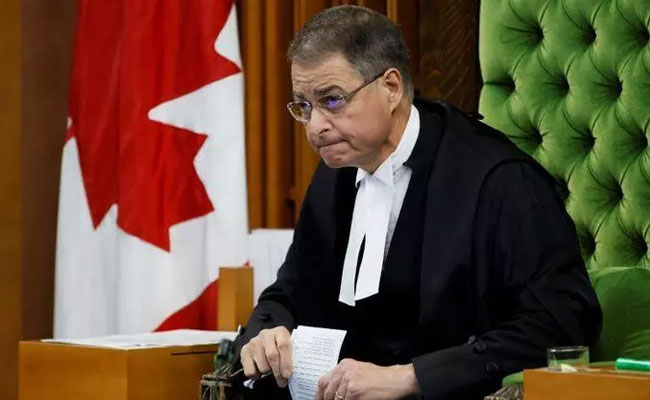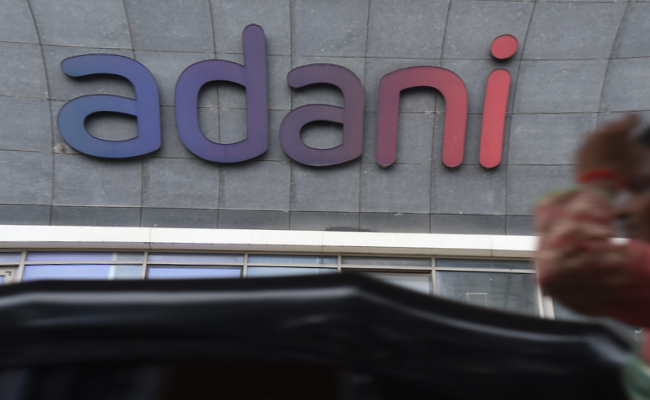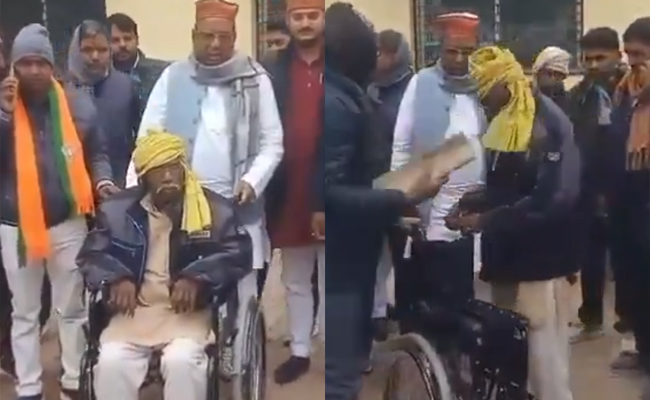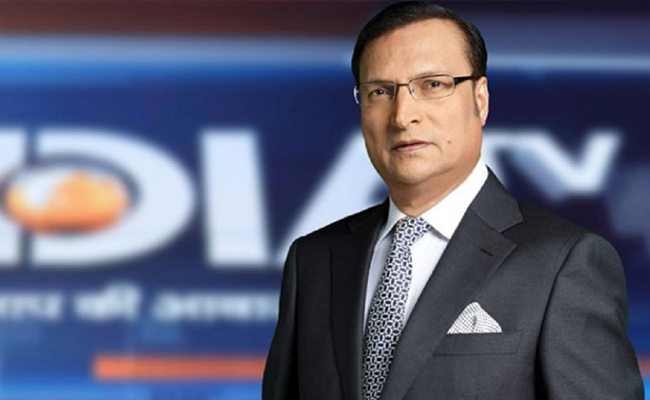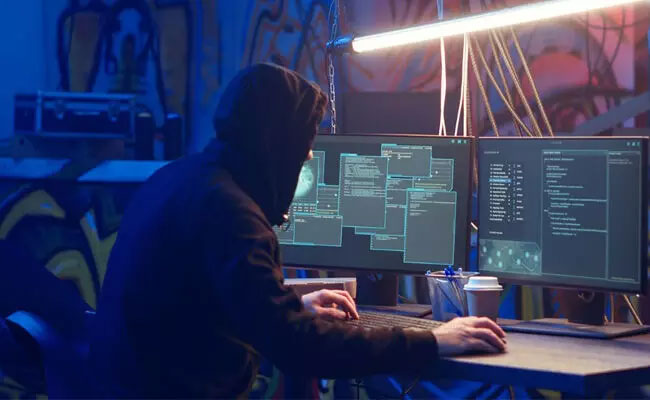Toronto (AP): The speaker of Canada's House of Commons resigned Tuesday for inviting a man who fought for a Nazi military unit during World War II to Parliament to attend a speech by the Ukrainian president.
Just after Ukrainian President Volodymyr Zelenskyy delivered an address in the House of Commons on Friday, Canadian lawmakers gave 98-year-old Yaroslav Hunka a standing ovation when Speaker Anthony Rota drew attention to him. Rota introduced Hunka as a war hero who fought for the First Ukrainian Division.
Observers over the weekend began to publicize the fact that the First Ukrainian Division also was known as the Waffen-SS Galicia Division, or the SS 14th Waffen Division, a voluntary unit that was under the command of the Nazis.
"No one in this House is above any of us. Therefore I must step down as your speaker," Rota said in Parliament. "I reiterate my profound regret for my error in recognizing an individual in the House during the joint address to Parliament of President Zelenskyy.
"That public recognition has caused pain to individuals and communities, including to the Jewish community in Canada and around the world in addition to Nazi survivors in Poland among other nations. I accept full responsibility for my actions," he added.
Rota stepped down after meeting with the House of Commons' party leaders later Tuesday. All main opposition parties called for Rota to step down, and government House leader Karina Gould said that lawmakers had lost confidence in Rota.
"This is something that has brought shame and embarrassment to all of Parliament and indeed all Canadians. The speaker did the honorable thing in resigning," Government Liberal House leader Karina Gould said.
Gould said she is of Jewish origin and a descendent of a Holocaust survivor. "This incident hurt me personally as it hurt all members of this House and all Canadians," she said.
Gould earlier said Rota invited and recognized Hunka without informing the government or the delegation from Ukraine. Canadian Health Minister Mark Holland had called the incident "incredibly embarrassing."
The Friends of Simon Wiesenthal Center for Holocaust Studies said in a statement that the incident "has left a stain on our country's venerable legislature with profound implications both in Canada and globally."
"This incident has compromised all 338 Members of Parliament and has also handed a propaganda victory to Russia, distracting from what was a momentously significant display of unity between Canada and Ukraine. It has also caused great pain to Canada's Jewish community, Holocaust survivors, veterans and other victims of the Nazi regime."
In an earlier apology on Sunday, Rota said he alone was responsible for inviting and recognizing Hunka, who is from the district that Rota represents. The speaker's office said Monday it was Rota's son who contacted Hunka's local office to see if it was possible if he could attend Zelenskyy's speech.
Members of Parliament from all parties rose to applaud Hunka unaware of the details of who he was.
The prime minister's office said it was unaware that Hunka was invited until after the address. The speaker's office also confirmed it did not share its invite list with any other party or group. The vetting process for visitors to the gallery is for physical security threats, not reputational threats, the speaker's office said.
In Moscow, a Kremlin spokesman said it was "outrageous" that Hunka received a standing ovation.
Russian President Vladimir Putin has painted his enemies in Ukraine as "neo-Nazis," although Zelenskyy is Jewish and lost relatives in the Holocaust.
"It's highly unfortunate and the only winner here is the Putin regime, which is already spinning what happened on Friday to justify its ongoing military actions in Ukraine," said Daniel B land, a political science professor at McGill University in Montreal,
The opposition Conservatives in Canada have blamed Trudeau, but B land noted that the speaker's role in Canada is as an officer of Parliament who does not participate in partisan caucus meetings and is not a member of the Cabinet.
Let the Truth be known. If you read VB and like VB, please be a VB Supporter and Help us deliver the Truth to one and all.
Bengaluru: The Adani Group has become the lowest bidder for both packages of the proposed 16.75-km tunnel road project in Bengaluru, according to sources familiar with the bids opened by Bengaluru Smart Infrastructure Ltd (B-SMILE).
According to a report published by Deccan Herald on Monday, the government estimated the entire project to cost Rs 17,698 crore, while the Adani Group has quoted Rs 22,267 crore. The ports-to-power conglomerate’s bid is about 24% higher for the first package and 28% higher for the second than the government’s estimates, a gap that could prompt authorities to seek the state Cabinet’s approval on the tenders’ fate.
M Maheshwar Rao, Chief Commissioner of the Greater Bengaluru Authority (GBA), who is also the Managing Director of B-SMILE, declined to comment.
ALSO READ: Uttar Pradesh: Elderly man stands up after posing in wheelchair with BJP MLA, video goes viral
In all, four infrastructure companies had participated in the tenders for the project, which has been proposed under the build-operate-transfer (BOT) model, with 40% funding from the government and the remaining investment to be raised by the private concessionaire.
During the technical evaluation, the Adani Group and the Hyderabad-based Vishwa Samudra Engineering Ltd qualified for the financial round.
According to the report, Dilip Buildcon was disqualified due to a clause that bars firms linked to collapsed bridges or tunnels, while Rail Vikas Nigam Ltd (RVNL) was rejected because its joint venture (JV) partner did not meet technical requirements.
With only two companies left in the fray, the Adani Group emerged as the lowest bidder, ahead of Vishwa Samudra.
The tunnel project officially named the North–South underground corridor, is part of the Congress government’s ambitious to ease Bengaluru’s traffic congestion by building two major underground roads (totalling 40 km) along with 13 flyovers and elevated corridors.
The project is the brainchild of Deputy CM D K Shivakumar, who is also the Bengaluru development minister.
The proposal, however, has faced criticism and political opposition, especially from senior BJP leaders, who object to the alignment that requires acquiring six acres of Lalbagh Botanical Garden, a historic green space.
As per the report, Urban mobility experts have also warned that the tunnel corridor may clash with the alignment of Namma Metro’s Phase 3A, possibly affecting the metro expansion.

